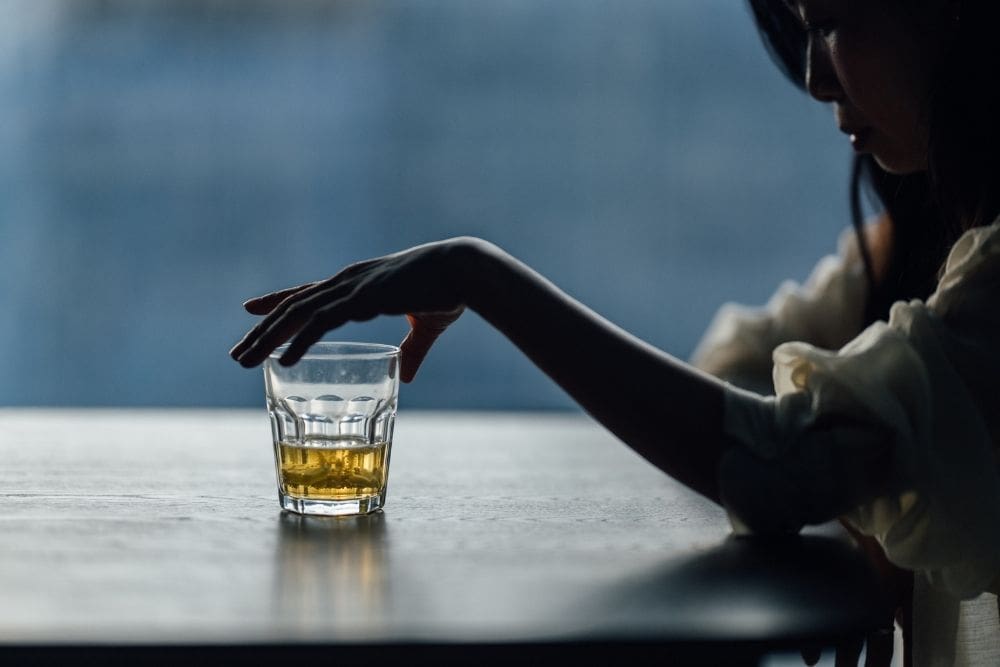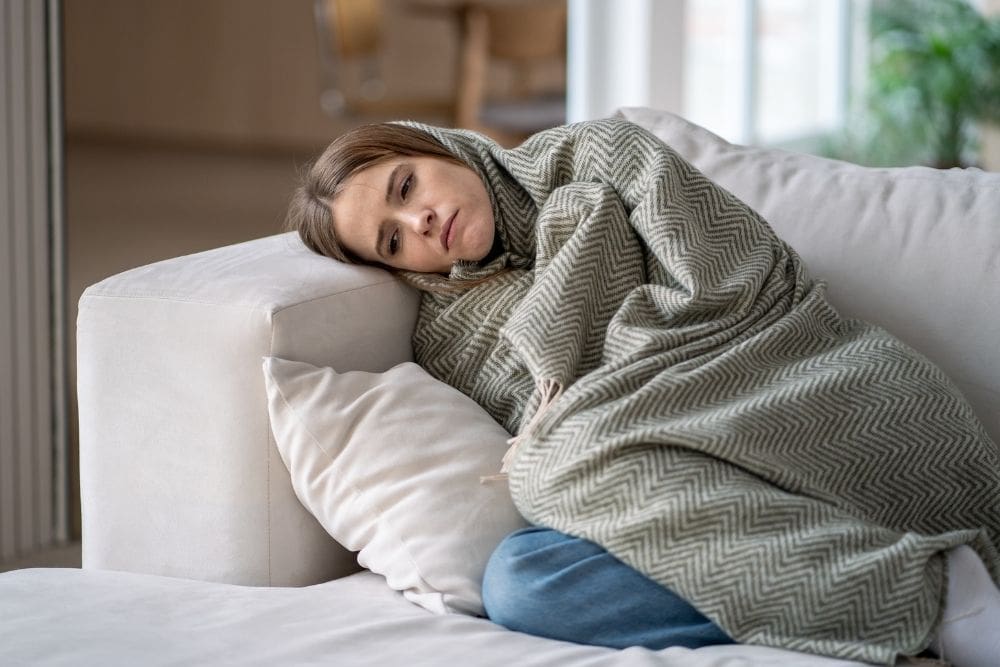Shorter days and colder temperatures don’t just change the mood of the local communities here in Des Moines and Bayard; they can also significantly impact our clients’ mental health and recovery journeys. One particularly challenging condition that emerges during the winter months is seasonal affective disorder (SAD), which can pose risks for individuals maintaining sobriety.
Another curveball that comes with the winter season is major holidays: Christmas, Hanukkah, New Year’s, Valentine’s Day, and more. Both SAD and the pressure or triggers associated with attending or missing large family gatherings present unique obstacles for individuals in addiction recovery.
What is Seasonal Affective Disorder and How Does it Challenge Recovery?
SAD is more than just the “winter blues.” It’s a recognized form of depression that follows a seasonal pattern, typically emerging in colder seasons and improving with the arrival of warmer temperatures. What many people don’t know is that SAD is considered a subtype of two clinical mental health disorders: major depressive disorder and bipolar disorder.
Depending on the individual and which type of illness they have, SAD is almost always an added serious mental health condition that requires attention and care. There’s an even deeper level to this—as we now know that people who struggle with mental illness are more likely to suffer from substance use disorder (SUD) and, by extension, relapse. Common signs of SAD during the winter months include:
- Hypersomnia, or an increased need for sleep
- Changes in eating patterns, especially craving more carbs
- Significant mood swings or general negative shifts in moods
- Difficulties with concentration and decision making
- Changes in physical health (malaise or weakened immune function)
For individuals in recovery, SAD can trigger mood changes, disrupt sleep patterns, and spark intense cravings. All of these symptoms can amplify stress and make a relapse more likely. During colder seasons, when social isolation tends to increase and outdoor activities decrease, these risks may become even more pronounced. On top of it all, snow, ice, and freezing temperatures can exacerbate negative feelings for millions of Americans stuck at home due to inclement weather, especially as major holidays roll around.
The Connection Between Winter Holidays and Relapse
Studies from The Journal of the American Medical Association indicate that addiction relapse rates typically range from 40 to 60 percent—that’s pretty high. This means that it’s normal to relapse, and it doesn’t mean you’ve failed in recovery–it just means that you need to realign or adjust your treatment plan.
During the holiday season, relapse risks can increase significantly due to the following factors:
- Heightened stress levels from unhealthy familial dynamics, financial stress resulting from gift-giving, or memories of past traumatic holiday experiences
- Loneliness or isolation if you’re unable to attend communal gatherings
- Social pressure to use substances in familiar environments if you’re close to home for the holiday season
- Increased exposure to substances at events like family gatherings, office parties, reunions with friends, and traditional celebrations that involve alcohol
Susan E. Collins, a clinical psychologist and associate professor at the University of Washington, specializes in relapse prevention. She explains that the holiday culture can normalize alcohol abuse and cannabis consumption, and gloss over the dangers of relapse. This type of environment can be particularly intense for those early in their recovery journey.
Getting Through The Holidays With St. Gregory Recovery Center
The best tips we can offer are to lean on group therapy members, phone your support systems, fall back on cognitive behavioral therapy techniques, and practice self-compassion. If you find that you’ve relapsed, see it as a chance to learn a valuable lesson in understanding your limits. Here are some simple steps to getting and staying on track in recovery:
- Plan ahead. Prepare an exit strategy for triggering social situations and have excuses for rejecting drinks or drugs on hand.
- Keep your support numbers in your phone, your pocket, or purse.
- See if a sober friend can accompany you to holiday events or clue in a trusted family member to your needs and fears.
- Organize your own alcohol or drug-free parties.
Before an event, try to fit in a workout, a fun physical activity, or a walk under the sun if possible; the endorphins and exercise-induced relaxation may help keep you calmer and more focused, preventing relapse.




